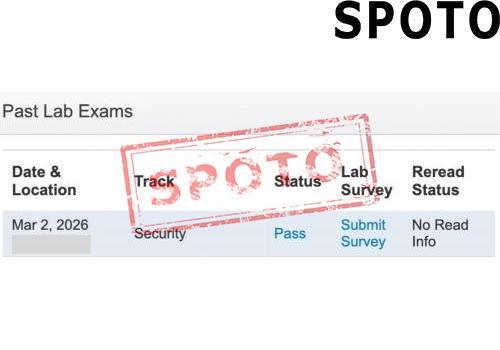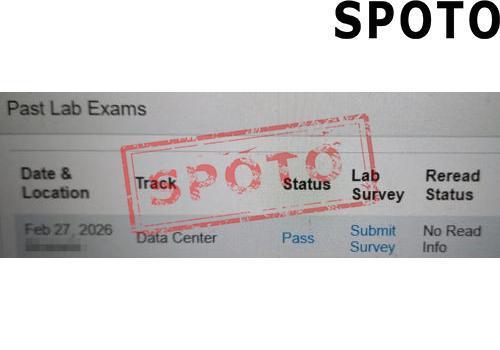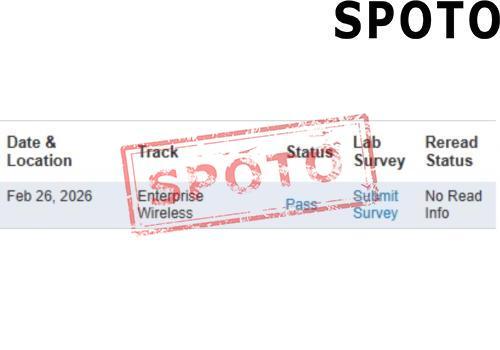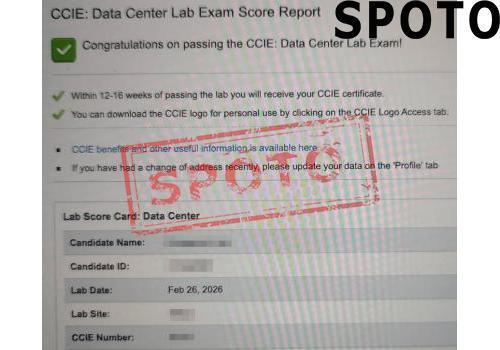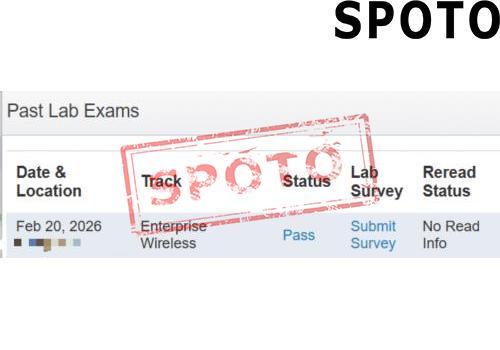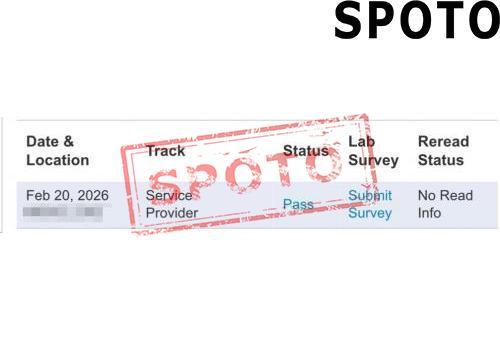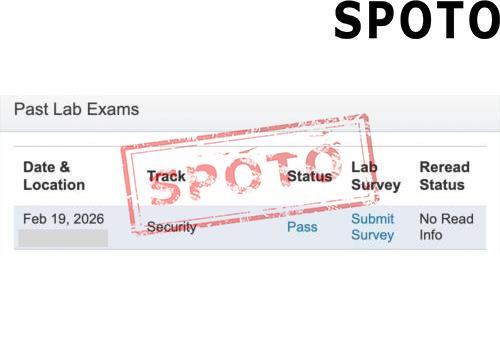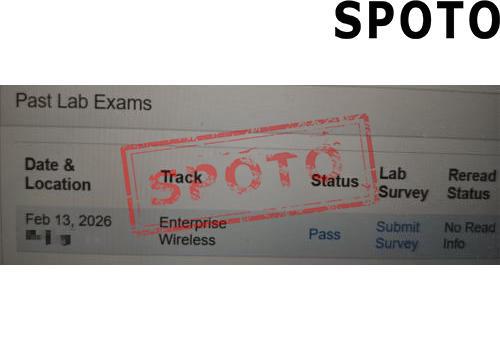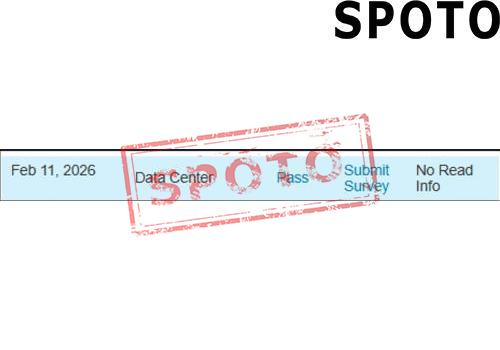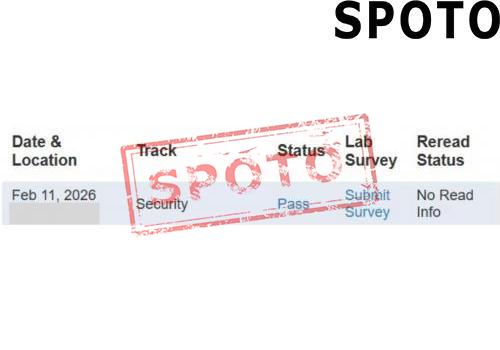
The Cisco Certified Internetwork Expert (CCIE) Security certification is one of the most prestigious and challenging qualifications for professionals looking to prove their expertise in network security. Achieving CCIE Security opens doors to advanced roles in cybersecurity, network engineering, and infrastructure management. However, a common question that often arises is: Can I pursue the CCIE Security certification directly without first obtaining the CCNA or CCNP certifications?
In this article, we’ll explore the possibility of bypassing the CCNA and CCNP certifications and diving directly into the CCIE Security track, examining the prerequisites, challenges, and benefits of such an approach.
1. Understanding the Cisco Certification Pathway
Before answering whether skipping CCNA or CCNP is possible, it’s important to understand Cisco’s certification hierarchy. Cisco certifications are designed to provide a structured learning path, progressing from foundational knowledge to more advanced and specialized skills. The typical pathway includes:
- CCNA (Cisco Certified Network Associate): The entry-level certification that covers fundamental networking concepts such as IP addressing, routing, switching, and basic network troubleshooting.
- CCNP (Cisco Certified Network Professional): The professional-level certification, which builds on CCNA knowledge and delves deeper into more complex topics such as advanced routing and switching, network security, and troubleshooting.
- CCIE (Cisco Certified Internetwork Expert): The expert-level certification, often considered the pinnacle of Cisco networking expertise, requires advanced skills in areas such as network architecture, design, and troubleshooting, as well as deep technical knowledge in specialized tracks like Security, Data Center, and Enterprise Infrastructure.
While CCNA and CCNP are recommended stepping stones on the journey to CCIE, they are not mandatory prerequisites to attempt the CCIE exams, including the CCIE Security exam. However, whether skipping these foundational certifications is a good idea depends on several factors, including your existing knowledge, experience, and the demands of the CCIE Security track.
2. Can You Skip CCNA or CCNP?
Technically, yes, you can attempt the CCIE Security exam without having earned the CCNA or CCNP certifications. Cisco does not require candidates to hold a CCNA or CCNP before attempting the CCIE exams. However, this does not mean that bypassing these certifications is always advisable.
The Written Exam
The CCIE Security Written Exam tests your knowledge across various security topics, including firewalls, VPNs, intrusion prevention, and more. While you are not required to have CCNA or CCNP certifications to sit for the written exam, having a strong grasp of foundational networking concepts is essential to understanding more advanced security principles.
The CCIE Security Written Exam typically covers:
- Network Security Fundamentals
- VPN Technologies
- Firewall Technologies
- Identity Management and AAA (Authentication, Authorization, and Accounting)
- Network Security Design
- Threat Defense and Monitoring
If you already have a solid understanding of basic networking concepts such as IP addressing, routing, and switching, you may be able to bypass the CCNA and CCNP stages and directly pursue CCIE Security. However, if you lack foundational networking knowledge, attempting the CCIE Security written exam could be overwhelming.
The Lab Exam
The CCIE Security Lab Exam is an 8-hour hands-on test that assesses your ability to configure and troubleshoot security solutions in a real-world, complex network environment. This is where the CCIE Security certification distinguishes itself from lower-level certifications.
Even though Cisco does not require a CCNA or CCNP for the lab exam, candidates who have not gone through these earlier stages may struggle. The lab exam requires not just theoretical knowledge but also deep hands-on experience with security technologies and devices. Most candidates find it beneficial to have practical experience with Cisco routers, switches, firewalls, and VPN technologies before attempting the lab exam.
This experience can be gained through a variety of ways, including:
- Hands-on labs and practice setups using real Cisco hardware or virtual labs.
- Cisco-specific simulation software such as Packet Tracer or Cisco VIRL for network configuration practice.
- Training programs and courses focused on CCIE Security.
The Challenge of Skipping Foundation Certifications
Skipping CCNA and CCNP and going directly into CCIE Security presents a few challenges:
- Increased Difficulty: The CCIE Security exam is among the most challenging certifications in the networking world. Without the foundational knowledge from CCNA and CCNP, the difficulty level may become unmanageable.
- Steep Learning Curve: If you’re new to Cisco technologies, you may need to acquire extensive knowledge quickly. CCNA and CCNP certifications provide essential knowledge that helps you navigate complex topics in the CCIE Security track, like routing protocols and network design principles.
- Time Commitment: Attempting the CCIE exam directly could result in a longer and more difficult preparation process. While it’s possible to study for the CCIE without prior certifications, it’s often more time-efficient and less stressful to follow the recommended path.
- Hands-On Experience: CCNA and CCNP exams, particularly CCNP Security, provide practical experience with configurations and troubleshooting. Without this hands-on experience, it may be difficult to pass the lab exam, which is a critical component of the CCIE certification.
While bypassing CCNA and CCNP is technically possible, there are other ways to ensure you’re adequately prepared for the CCIE Security certification exam without directly jumping into it.
Leverage Resources like SPOTO
For those who choose to skip the CCNA and CCNP route, SPOTO offers extensive CCIE Security preparation materials, including:
- Practice Labs: Cloud-based labs provide an ideal environment for hands-on practice with security configurations, allowing you to get comfortable with devices and technologies without the need for expensive physical equipment.
- Study Guides: Up-to-date study materials that align with the latest exam objectives.
- Expert Coaching: One-on-one coaching from experienced professionals who can help you navigate through challenging topics and provide exam strategies.
Using resources like SPOTO’s CCIE Security Dumps and lab simulations can help bridge the gap in foundational knowledge, enabling you to focus on advanced security concepts while gaining the practical experience needed to pass both the written and lab exams.
Conclusion
In summary, while it is technically possible to pursue the CCIE Security certification without having completed CCNA or CCNP, doing so is not advisable unless you already have significant practical experience and a strong understanding of networking concepts.
The CCIE Security certification is one of the most difficult and comprehensive exams in the industry, and without foundational knowledge, it can be extremely challenging to pass. While skipping CCNA and CCNP might save time initially, it could lead to a steeper learning curve and a more difficult exam experience.
For most candidates, it is recommended to follow the traditional path of completing CCNA and CCNP before attempting the CCIE Security exam. This ensures you have the necessary networking knowledge and practical skills to succeed at the expert level.
However, for those who are confident in their networking skills and prefer a more accelerated approach, leveraging comprehensive study resources and gaining hands-on experience will be essential for success.
